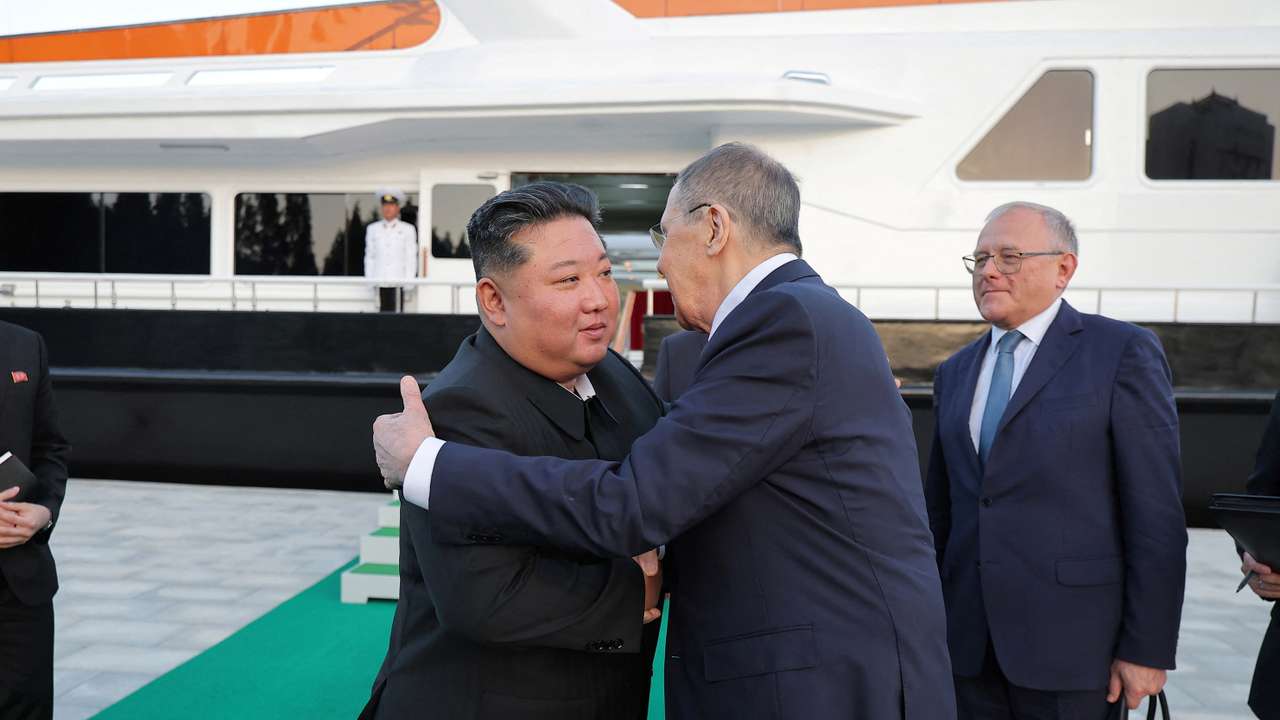North Korea Roundup: Tourists banned from new beach resort, Russia visit raises alarm, US-North Korea conflict

Foreign tourists banned from newly opened beach resort
North Korea has barred foreign tourists from entering its newly opened Wonsan-Kalma beach resort, just weeks after promoting it as a world-class destination. According to Korea JoongAng Daily, the state-run DPR Korea Tour website announced on July 18, 2025, that the resort would temporarily stop accepting foreign visitors, without giving reasons or a timeline. The ban comes shortly after Kim Jong-un hosted Russian Foreign Minister Sergey Lavrov there on July 12, calling him the first foreign guest and signalling efforts to promote the site internationally. Lavrov reportedly pledged support to boost tourism. The multi-million dollar project, delayed by sanctions and the pandemic, finally opened on June 24. Domestic tourism officially began July 1, with state media hailing the resort as a “national treasure-level tourist town.” Kim praised it as one of North Korea’s greatest achievements of the year.
Russia causes alarm with official North Korea visit
Russia and North Korea are deepening their relationship during a three-day visit by Russian Foreign Minister Sergey Lavrov, aimed at aligning views on the Ukraine war. Lavrov’s visit follows an earlier trip by Russian security chief Sergei Shoigu, who confirmed that North Korea sent thousands of military workers and reportedly around 12,000 troops to support Russia. In return, concerns are rising that Kim Jong Un may seek advanced Russian military technology, potentially escalating his nuclear capabilities. Meanwhile, U.S. Secretary of State Marco Rubio met Lavrov on July 10 to discuss peace talks, though he noted that President Trump remains frustrated with Russia’s lack of flexibility.
The strange disappearance of the US-North Korea conflict
If you had fallen into a coma in early 2018 and awakened in 2025, you might be surprised by the silence surrounding the once-volatile US–North Korea conflict. Just a few years ago, tensions were at a boiling point. North Korea, seen by many in the West as unpredictable and hostile, was rapidly advancing its nuclear weapons program—conducting test explosions and missile launches while openly threatening the U.S., Japan, and South Korea. At the time, President Obama had warned his successor, Donald Trump, that North Korea posed a major security threat. The Trump administration adopted a hardline stance, signalling it was prepared for military intervention if necessary. Top officials labelled a nuclear-capable North Korea “intolerable,” and Trump famously vowed, “It won’t happen,” warning that any threats would be met with “fire and fury.”
North Korea is becoming increasingly isolated from the world
For years, experts and U.S. officials have stressed that North Korea’s human rights abuses must be addressed alongside its nuclear ambitions. The regime funds its weapons programmes through repression, forced labour, and cyber theft. The U.S. Congress recognised this in 2004 with the North Korean Human Rights Act, which prioritised human rights in diplomatic talks and authorised funding for independent media broadcasts and intelligence gathering. Though Congress renewed the law in 2008, 2012, and 2017, it lapsed in 2022. Despite this, funding has continued through the State Department’s human rights bureau. Ending this support would deprive the U.S. of vital insights as North Korea expands its global military presence and tightens control at home.
South Korea revives nuclear sub plans after North Korea’s progress
Facing increased threats from North Korea and Pacific tensions, South Korea is revisiting plans for nuclear-powered submarines to boost defence autonomy. On July 18, 2025, Foreign Minister nominee Cho Hyun announced plans to renegotiate the 123 Agreement with the U.S. to enable such development. Cho aims to revise the treaty to allow for nuclear sub capabilities, enhancing South Korea's deterrence and reducing reliance on the U.S. Navy. He noted that following internal review and U.S. coordination, the submarines may be introduced as part of a broader strategic upgrade.
This story is written and edited by the Global South World team, you can contact us here.